Squaring up to cyber dangers
Defence Minister Viola Amherd and ETH President Joël Mesot have opened a laboratory for the national Cyber Defence Campus at ETH Zurich. This is the final element in a project connecting three locations and bringing together the Swiss federal government, universities and industry in a joint effort to tackle the growing threat emerging from cyberspace.
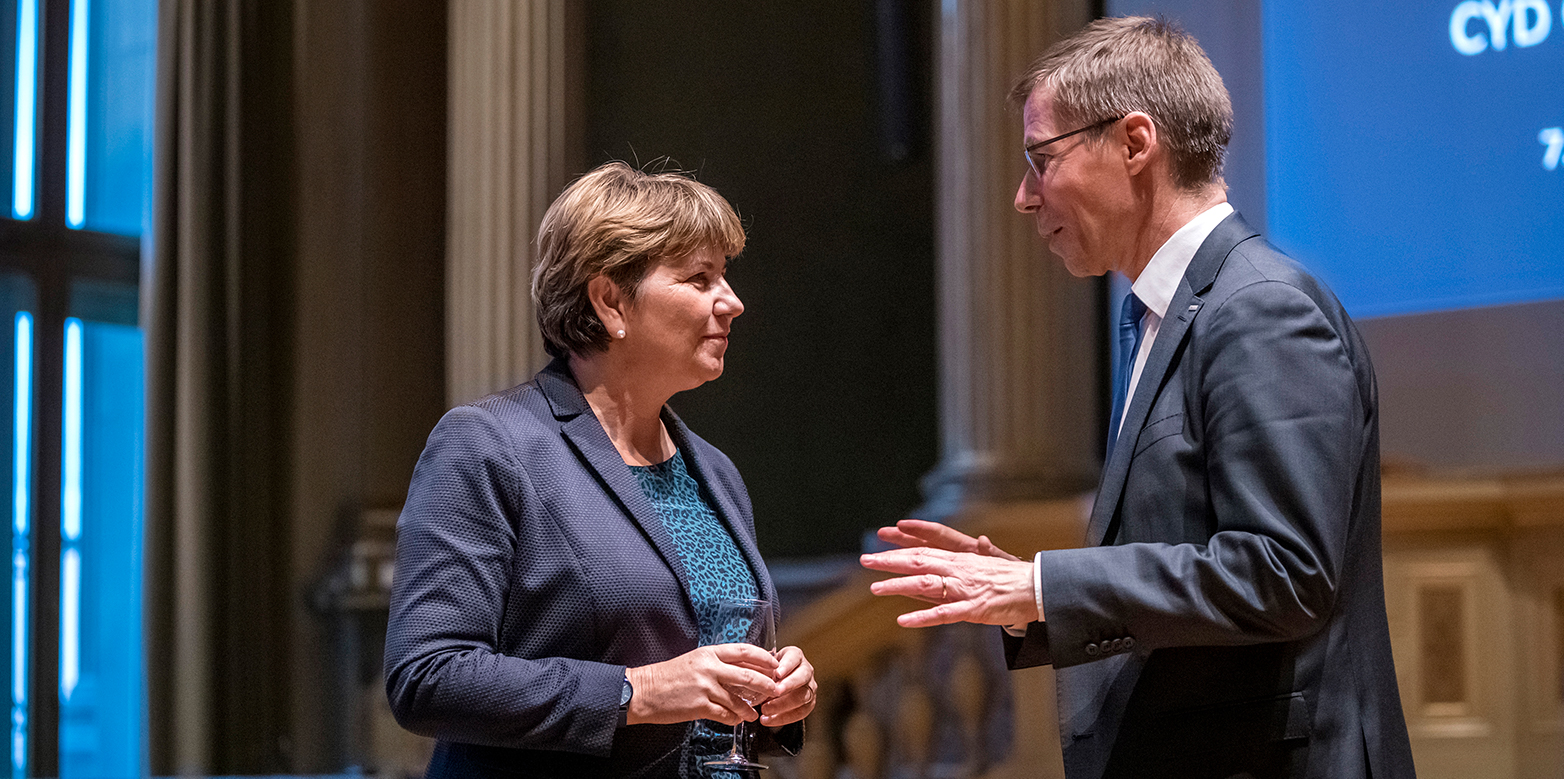
It was a wake-up call: in 2016, Switzerland’s state-owned defence company Ruag was the target of a major cyberattack. That was when people realised Switzerland was inadequately protected against cyber dangers, said Viola Amherd, head of the Swiss Federal Department of Defence, Civil Protection and Sport (DDPS), on Friday at the official opening ceremony for a national Cyber Defence Campus (CYD) laboratory at ETH.
Cyber risks: a priority for security policy
“In recent years, the security situation has deteriorated worldwide. One aspect of this is the growing threat emerging from cyberspace,” Amherd said. “So it’s clear to me that modern security policy must prioritise cyber dangers.” But in this highly complex area, she continued, the Swiss federal government is dependent on scientific input. That is why she was delighted to be able to open a laboratory for the national Cyber Defence Campus together with ETH Zurich. The Campus operates under armasuisse, the Swiss Federal Office for Defence Procurement. The new lab at ETH complements armasuisse’s existing Cyber Defence Campus at EPFL and its headquarters in Thun. The aim is to connect specialists and their know-how in industry, science and business.
“The Swiss federal government can count on ETH,” assured ETH President Joël Mesot at the opening ceremony. He added that the DDPS and ETH have long had a close working relationship addressing a wide variety of issues, including the Military Academy at ETH (MILAK) on teaching, the Centre for Security Studies (CSS) on security policy and conflict research, and the Zurich Information Security and Privacy Centre (ZISC) on technology matters. “Our own Department of Computer Science is naturally home to a great deal of cybersecurity expertise,” Mesot said, adding, “We have a lot to offer to this partnership: university rankings for both research and education show that the ETH Computer Science department is one of the best in the world.”
He said that cybersecurity is a strategically important topic for ETH. One current example of this focus is the new Master’s programme in Cybersecurity, which ETH Zurich recently began offering with EPFL. Another is how ETH Computer Science Professor Adrian Perrig’s faster, secure “SCION” internet architecture opens up exciting prospects for global web-based communication. “We’re delighted to support the Swiss federal government through our Cyber Defence Campus and play a part in ensuring the security of our country,” Mesot said.
Counteracting the erosion of trust
Vincent Lenders, an ETH graduate and head of the CYD laboratory at ETH, pointed out that there are now more connected devices on the planet than people. Society is already utterly dependent on sensitive infrastructure – and yet we lack expertise in how to use that infrastructure correctly. The Campus aims to expand these specialist skills and give Switzerland the means to defend itself against cyberattacks.
Srdjan Capkun, ETH Professor of Information Security and Director of ZISC, sees the erosion of trust in IT infrastructure as the greatest challenge we face today, as people are increasingly overwhelmed by the topic of data security. Time and again, we hear reports of massive data breaches in the media. Capkun reiterated the fact that “Every device, every infrastructure can be hacked.” One step in countering this and rebuilding trust will be some sort of a return to the local; experts with different skills should be able to exchange ideas as directly as possible. The Cyberdefence Campus at ETH offers an ideal basis for turning this need into a reality.
Andreas Häberli, Chief Technology Officer of dormakaba, a specialist security and access group, said trust is also at the core of the promise his company makes to its customers. As the topic of security increasingly moves from the physical to the virtual world, it becomes more of a challenge to keep that promise. He added that Swiss industry sees the Cyber Defence Campus as an important and extremely welcome step in ensuring that society keeps the upper hand in the struggle for supremacy in the virtual sphere.
Opening ceremony
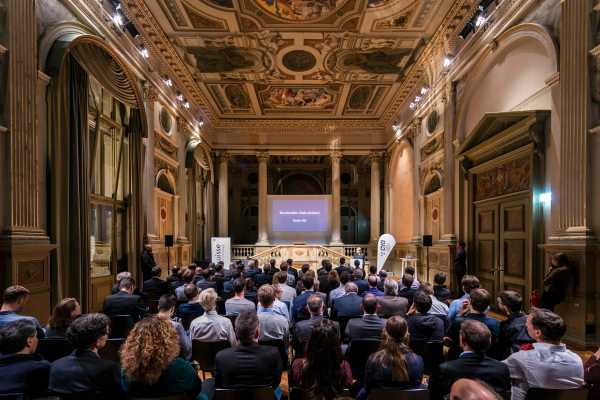
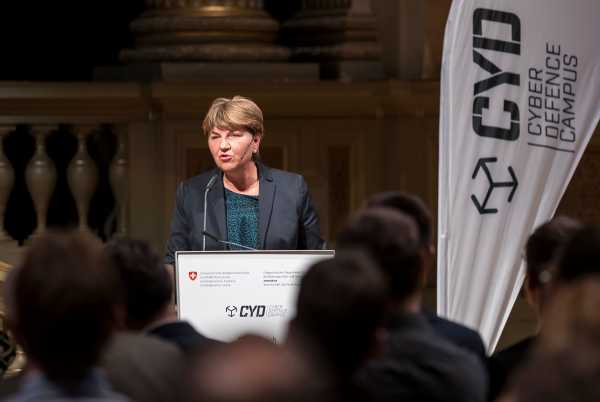
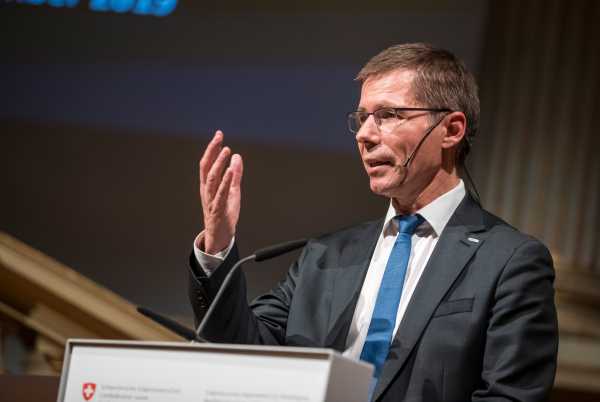
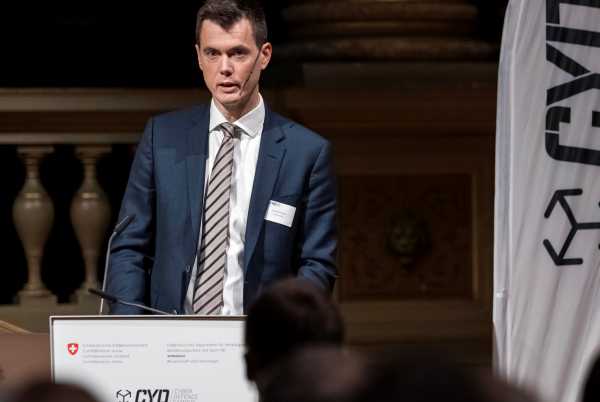
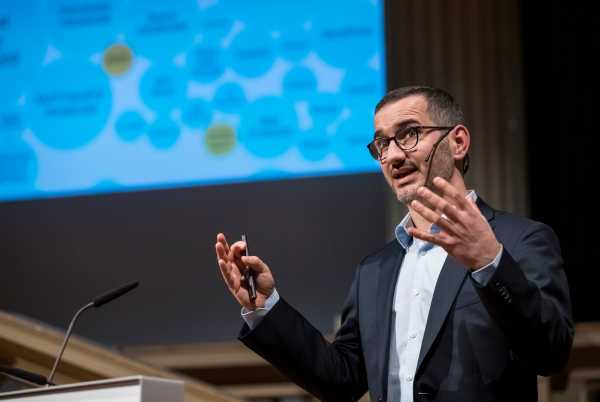
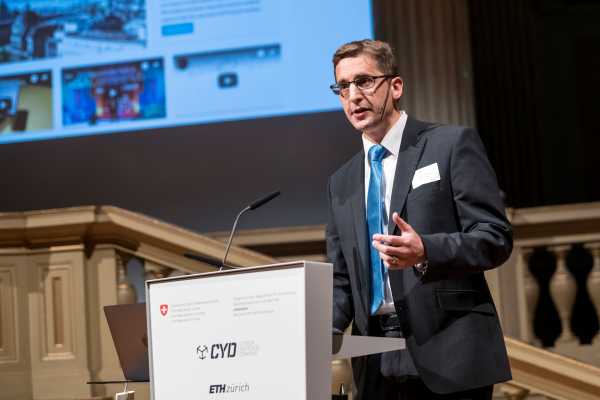
Comments
No comments yet